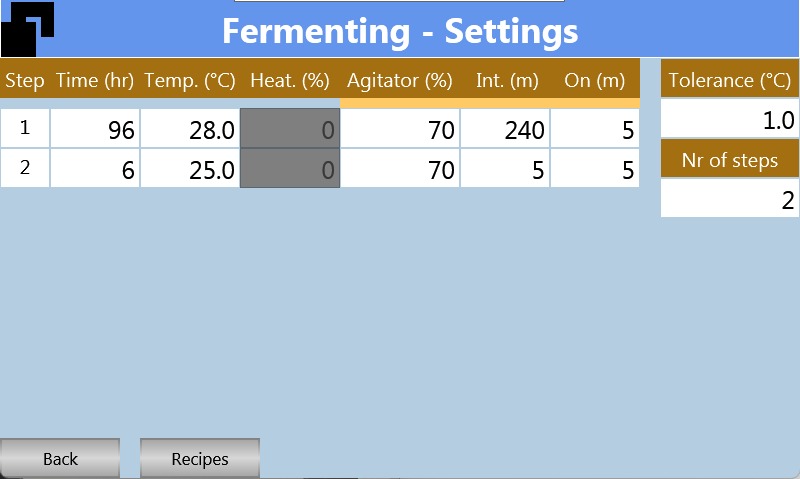Improved Fermentation Yield and Flavor with iStill!
Introduction
During fermentation, the craft distiller aims to produce both the right flavors and the right amount of alcohol. Fermentation conditions influence how the yeast performs. A warmer fermentation is quicker and saves time, but heat stress can hamper yeast to the extend that excessive amounts of low boiling point alcohols are formed. Temperature has an influence, pH-levels intervene with yield and flavor, and - guess what? - so do CO2 levels. Let's dive in deeper!
CO2 and fermentation
Once most of the O2 in your fermentation is consumed, and used by yeast cells for growth and reproduction, the actual alcohol production starts. In an oxygen-depleted environment, the yeast uses an old deuterium-based metabolism to produce energy (ATP) from sugar. The by-products are alcohol and CO2.
As the fermentation progresses, more and more CO2 is produced. Higher gravity fermentations, fermentations with bigger quantities of pitched yeast, warmer fermentations, and/or on the grain fermentations produce higher levels of dissolved CO2 in the fermentation.
High-gravity ferments contain more sugar, resulting in the yeast cells producing more total CO2. A higher total production volume of CO2 easily results in more dissolved CO2.
Higher amounts of yeast in a fermentation result in faster ferments. Faster ferments produce more CO2 over a shorter time period, resulting in higher levels of dissolved CO2 in your fermenter. Warmer ferments are faster and have the same result.
On the grain fermentations can create grain "caps" or "beds" on top of the fermentation liquid, thus sealing the ferment to an extend that the total dissolved CO2 levels rise.
Any combination of the above (warm ferments, high-gravity ferments, higher yeast pitch rates, and on the grain fermentation protocols) easily results in higher dissolved CO2 levels in your ferment. Why that is important? Well, because it negatively influences yield and flavor composition.
Negative influence of high levels of dissolved CO2
High levels of dissolved CO2 create yeast stress. When the levels are high enough, the yeast cell membrane can no longer keep the CO2 at bay. And as the cell membrane barrier is breached, and the yeast cell gets filled with CO2, stress is induced. Stress, that prevents the yeast cell from working properly. As a result, off-flavors will be produced and total achievable alcohol yield is compromised.
How iStill Technology helps you counter high levels of dissolved CO2
Our patented, proprietary square boiler design, in combination with the J-PAS agitation system, create perfect mixing efficiency. This means that iStills or iStill Fermenters mix your mash or fermentation with minimal energy input. As a result the CO2 bed above the actual ferment is not disturbed. Other, traditional designs have to over-agitate in order to mix and disturb the CO2 bed above the ferment, introduction oxygen and stalling the alcohol formation process.
So, there you have it: it is our amazing technology that helps you make better spirits via better fermentations. But now we take it one step further. How? We have added agitation intervals to our software. The intervals allow the craft distiller to release excess dissolved CO2 from the ferment via mixing.
See the example underneath, which displays a two-step fermentation protocol. During the first alcohol yield and esterification phase, where most of the alcohol and flavor is produced, you can now add an interval time and a mixing time to help release CO2 from your fermentation.
In the example underneath, the craft distiller ferments for four days (96 hours). To prevent CO2 build-up in the ferment, he tells the iStill to agitate for five minutes every four hours (240 minutes). After that, during the second step of this standard operating procedure, he tells the iStill to cool and degass the ferment in order to help the grain and yeast sink to the bottom of the fermenter.
iStill's advanced fermentation technology helps you create better ferments ...
www.iStill.com
Reactions
Add your comment
All reactions ()
Loading comments..
